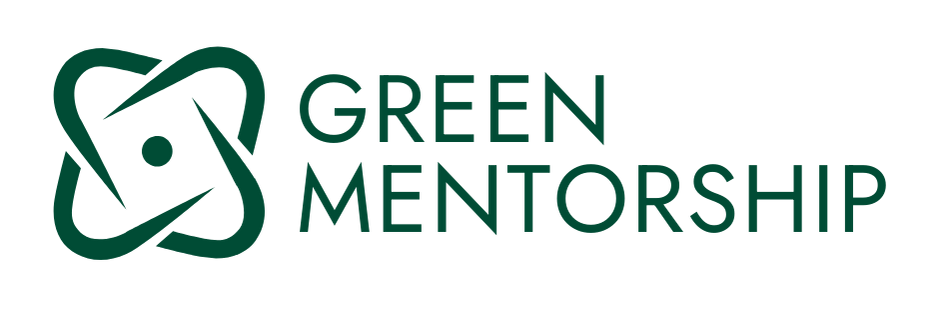Community Learning Circle Participation Guide.
Section 1: For Mentees
1. Purpose of the Community Learning Circle
The Community Learning Circle is designed to foster a collaborative learning environment where mentees engage in peer-to-peer knowledge sharing, discussions, and skills development. The objective is to enhance learning through collective experiences, shared insights, and guided mentorship.
2. What to Expect
- Structured Sessions: Each session follows a pre-planned agenda to ensure meaningful discussions and learning outcomes.
- Active Participation: Mentees are encouraged to share their experiences, ask questions, and contribute to discussions.
- Collaborative Learning: Sessions are interactive, with group exercises, problem-solving discussions, and case studies.
- Guidance from Facilitators: While mentee-led, Green Mentorship staff will provide guidance to maintain structure and ensure productive dialogue.
- Respectful and Supportive Environment: Open-mindedness, inclusivity, and respect for diverse perspectives are core principles.
3. Roles and Responsibilities
- Come Prepared: Review any pre-session materials and be ready to contribute.
- Engage Actively: Participate in discussions, provide feedback, and support your peers.
- Respect Time and Guidelines: Adhere to the session schedule and community norms.
- Apply Learnings: Implement the insights gained into personal and professional development.
4. Session Structure
Each session typically includes:
- Opening & Check-in: Brief introductions and reflection on past learnings.
- Core Discussion: A guided conversation on the selected topic.
- Group Activity: Practical application through exercises or case studies.
- Reflection & Action Steps: Identifying key takeaways and setting action items.
- Closing Remarks: Summary and next session preview.
Section 2: For Peer Group Administrators (Green Mentorship Staff)
1. Role of the Peer Group Administrator
As facilitators, Green Mentorship staff ensure the Learning Circles are structured, inclusive, and productive. Their role is to provide administrative support, guide discussions, and uphold the program’s objectives.
2. Key Responsibilities
- Session Planning: Develop and distribute session agendas and materials in advance.
- Facilitation & Moderation: Ensure discussions remain focused, inclusive, and goal-oriented.
- Encouraging Participation: Foster an environment where all mentees feel comfortable contributing.
- Monitoring Progress: Track mentee engagement and learning outcomes.
- Addressing Challenges: Manage conflicts, low engagement, or any disruptions.
3. Session Flow Management
- Pre-Session:
- Send out reminders and materials.
- Ensure mentees understand the objectives.
- During the Session:
- Open with a warm welcome and set the session’s tone.
- Guide the discussion without dominating it.
- Keep track of time and maintain structure.
- Post-Session:
- Summarize key insights and share notes.
- Provide feedback to mentees.
- Prepare for the next session.
4. Creating a Supportive Learning Environment
- Encourage Collaboration: Promote teamwork and peer engagement.
- Ensure Inclusivity: Create a space where diverse voices are heard.
- Recognize Contributions: Acknowledge active participation and valuable insights.
- Provide Resources: Share additional learning materials as needed.

